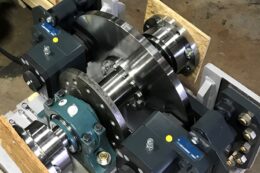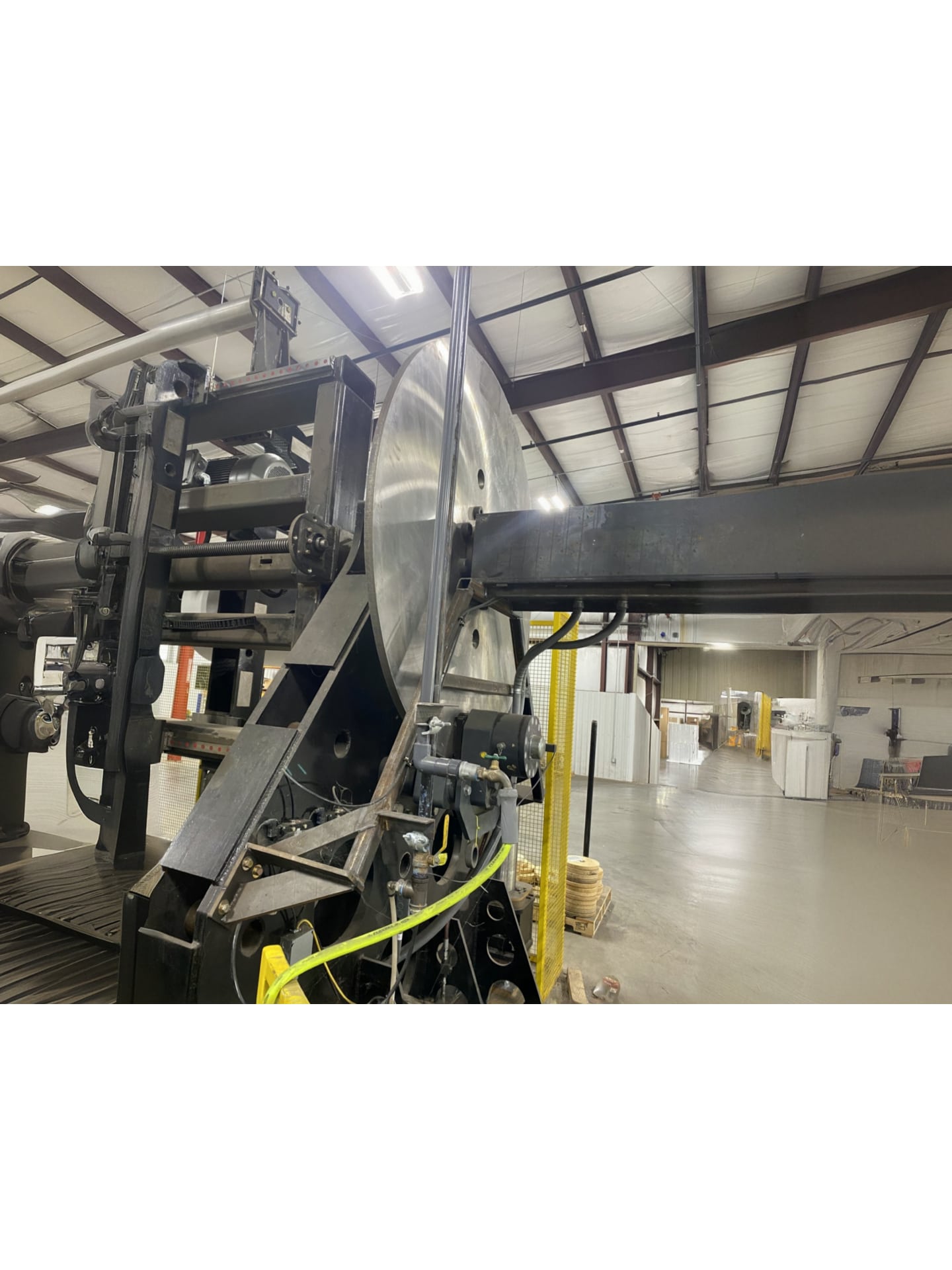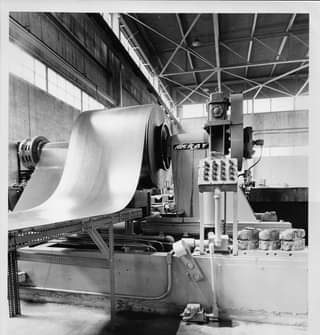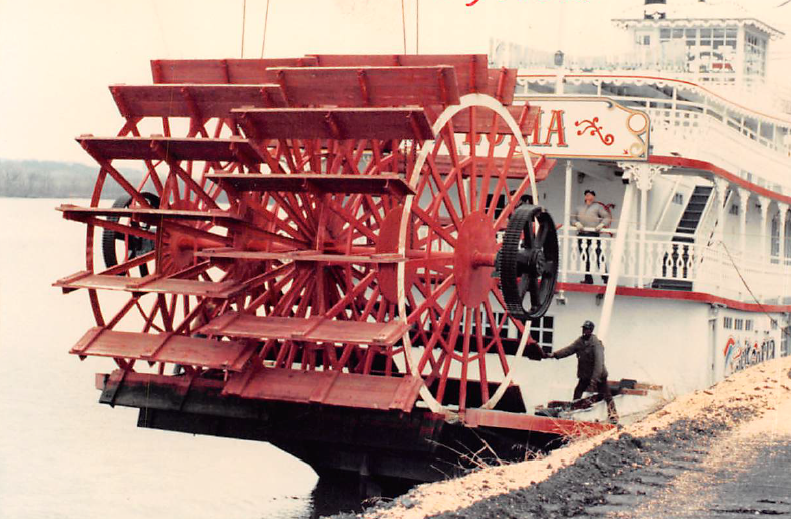Hydraulic Brakes
Hindon industrial hydraulic brakes are able capable of high braking forces, making them ideal for use in a wide variety of challenging industrial applications with large torque requirements. In addition to their relatively high torque capacity, hydraulic brakes also offer fast response times due to hydraulic fluid’s incompressibility, resulting in in direct and firm force transmission.
Hindon’s range of industrial hydraulic brakes are available in a wide range of designs, configurations, brake pad materials, limit switch arrangements and torque capacities.
While not often the first choice for lower torque applications, hydraulic brakes are ideal for use in extreme applications or applications with torque requirements that necessitate their use over, for instance, pneumatic or thruster brakes.
Fail-Safe Hydraulic Brakes (Spring Applied, Hydraulically Released)
Hydraulic fail-safe brakes are spring applied and use hydraulic pressure to release (or hold open) the brake. If the brake is turned off or power is lost, the spring quickly engages the brake. Fail-safe operation ensures that the brake reverts to a secure state if power (or hydraulic pressure) is lost, preventing potential safety hazards to plant personnel or damage to plant equipment. These brakes are often used as fail-safe holding or emergency brakes in applications with relatively high torque requirements.
We incorporate both pneumatic fail safe disc and drum brakes into our industrial braking systems. We also provide comprehensive repair services for these brakes.
Advantages:
- Capable of the highest torque ranges, which is important in safety brake applications, for instance, when performing an e-stop by braking on the output shaft
- Capable of being configured in various compact designs, making them suitable for use in situations where space is limited
Disadvantages:
- Require the use of a hydraulic system including a hydraulic power unit and fluid lines, which can increase the complexity, cost, and maintenance requirement of the industrial braking system
- In comparison, a thruster brake or fail-safe pneumatic brake requires less infrastructure investment and ongoing maintenance
- Potential environmental concerns in the form of leaking hydraulic fluid
Featured Projects
Active Hydraulic Brakes (Hydraulically Applied)
Hydraulically applied brakes use pressurized hydraulic fluid, allowing for adjustability of braking torque by altering the input pressure. Hydraulic active brakes brakes are typically used in stopping applications where the torque requirement is relatively high, but where there is a limited risk in the event of power loss, as well as in tensioning applications where torque variability is critical.
Advantages:
- Ideal for heavy duty applications that require precise and/or variable control over the braking force
- High torque capacity and available compact designs enables using one hydraulically applied brake instead of multiple brakes in certain applications with high torque requirements and dimensional constraints
Disadvantages:
- Similar to hydraulic fail-safe brakes, these brakes require the use of a hydraulic system including a hydraulic power unit and fluid lines, increasing the complexity, cost, and maintenance requirement of the braking system
- Potential environmental concerns in the form of leaking hydraulic fluid
- Not appropriate for applications requiring fail-safe operation
Featured Projects
Products
Filter
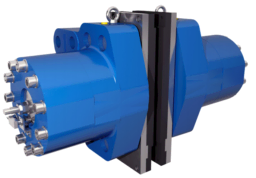 NHCD 2145 3500mm
NHCD 2145 3500mmType: Disc
Maximum Torque: 597600 N·m
Diameter: 3500 mm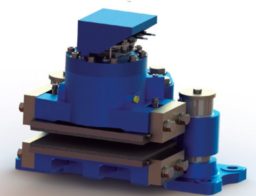 NHC 2145 3500mm
NHC 2145 3500mmType: Disc
Maximum Torque: 592200 N·m
Diameter: 3500 mm NHCD 2145 3000mm
NHCD 2145 3000mmType: Disc
Maximum Torque: 507600 N·m
Diameter: 3000 mm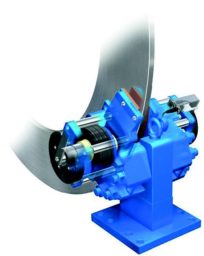 SHI 282 2500mm
SHI 282 2500mmType: Disc
Maximum Torque: 505050 N·m
Diameter: 2500 mm NHC 2145 3000mm
NHC 2145 3000mmType: Disc
Maximum Torque: 502200 N·m
Diameter: 3000 mm NHCD 2135 3500mm
NHCD 2135 3500mmType: Disc
Maximum Torque: 464800 N·m
Diameter: 3500 mm NHC 2135 3500mm
NHC 2135 3500mmType: Disc
Maximum Torque: 460600 N·m
Diameter: 3500 mm SHI 252 FC 2500mm
SHI 252 FC 2500mmType: Disc
Maximum Torque: 418880 N·m
Diameter: 2500 mm NHCD 2145 2500mm
NHCD 2145 2500mmType: Disc
Maximum Torque: 417600 N·m
Diameter: 2500 mm SHI 281 2500mm
SHI 281 2500mmType: Disc
Maximum Torque: 414050 N·m
Diameter: 2500 mm NHC 2145 2500mm
NHC 2145 2500mmType: Disc
Maximum Torque: 412200 N·m
Diameter: 2500 mm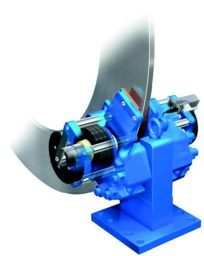 SHI 252 2500mm
SHI 252 2500mmType: Disc
Maximum Torque: 404800 N·m
Diameter: 2500 mm NHCD 2130 3500mm
NHCD 2130 3500mmType: Disc
Maximum Torque: 398400 N·m
Diameter: 3500 mm NHC 2130 3500mm
NHC 2130 3500mmType: Disc
Maximum Torque: 394800 N·m
Diameter: 3500 mm NHCD 2135 3000mm
NHCD 2135 3000mmType: Disc
Maximum Torque: 394800 N·m
Diameter: 3000 mm SHI 282 2000mm
SHI 282 2000mmType: Disc
Maximum Torque: 394050 N·m
Diameter: 2000 mm NHC 2135 3000mm
NHC 2135 3000mmType: Disc
Maximum Torque: 390600 N·m
Diameter: 3000 mm SHI 251 FC 2800mm
SHI 251 FC 2800mmType: Disc
Maximum Torque: 359120 N·m
Diameter: 2800 mm NHCD 2130 3000mm
NHCD 2130 3000mmType: Disc
Maximum Torque: 338400 N·m
Diameter: 3000 mm NHC 2130 3000mm
NHC 2130 3000mmType: Disc
Maximum Torque: 334800 N·m
Diameter: 3000 mm NHCD 2125 3500mm
NHCD 2125 3500mmType: Disc
Maximum Torque: 332000 N·m
Diameter: 3500 mm SHI 252 FC 2000mm
SHI 252 FC 2000mmType: Disc
Maximum Torque: 330880 N·m
Diameter: 2000 mm NHC 2125 3500mm
NHC 2125 3500mmType: Disc
Maximum Torque: 329000 N·m
Diameter: 3500 mm NHCD 2145 2000mm
NHCD 2145 2000mmType: Disc
Maximum Torque: 327600 N·m
Diameter: 2000 mm NHCD 2135 2500mm
NHCD 2135 2500mmType: Disc
Maximum Torque: 324800 N·m
Diameter: 2500 mm SHI 281 2000mm
SHI 281 2000mmType: Disc
Maximum Torque: 323050 N·m
Diameter: 2000 mm NHC 2145 2000mm
NHC 2145 2000mmType: Disc
Maximum Torque: 322200 N·m
Diameter: 2000 mm NHC 2135 2500mm
NHC 2135 2500mmType: Disc
Maximum Torque: 320600 N·m
Diameter: 2500 mm SHI 251 FC 2500mm
SHI 251 FC 2500mmType: Disc
Maximum Torque: 318920 N·m
Diameter: 2500 mm SHI 252 2000mm
SHI 252 2000mmType: Disc
Maximum Torque: 316800 N·m
Diameter: 2000 mm SHI 251 2500mm
SHI 251 2500mmType: Disc
Maximum Torque: 308200 N·m
Diameter: 2500 mm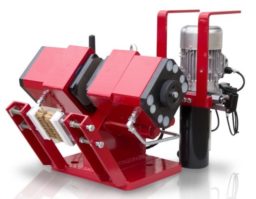 DBF 320.5 2500mm
DBF 320.5 2500mmType: Disc
Maximum Torque: 305920 N·m
Diameter: 2500 mm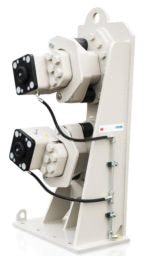 DBF 320.5 S 2500mm
DBF 320.5 S 2500mmType: Disc
Maximum Torque: 305920 N·m
Diameter: 2500 mm DBF 320.6 2500mm
DBF 320.6 2500mmType: Disc
Maximum Torque: 305920 N·m
Diameter: 2500 mm DBF 320.6 S 2500mm
DBF 320.6 S 2500mmType: Disc
Maximum Torque: 305920 N·m
Diameter: 2500 mm SHI 252 FC 1750mm
SHI 252 FC 1750mmType: Disc
Maximum Torque: 286880 N·m
Diameter: 1750 mm SHI 251 FC 2250mm
SHI 251 FC 2250mmType: Disc
Maximum Torque: 285420 N·m
Diameter: 2250 mm SHI 282 1500mm
SHI 282 1500mmType: Disc
Maximum Torque: 283050 N·m
Diameter: 1500 mm NHCD 2125 3000mm
NHCD 2125 3000mmType: Disc
Maximum Torque: 282000 N·m
Diameter: 3000 mm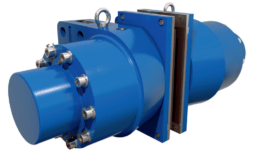 NHCD 1925 3000mm
NHCD 1925 3000mmType: Disc
Maximum Torque: 280000 N·m
Diameter: 3000 mm NHC 2125 3000mm
NHC 2125 3000mmType: Disc
Maximum Torque: 279000 N·m
Diameter: 3000 mm NHCD 2130 2500mm
NHCD 2130 2500mmType: Disc
Maximum Torque: 278400 N·m
Diameter: 2500 mm
Commitment to service and support
Hindon is dedicated to providing comprehensive support for our products and the people who depend on them. From initial consultation to inspection, maintenance, and repair services, our goal is to provide the right equipment for your application and to keep your product in top shape for its full lifecycle. If you’re not sure which product is right for your application, call or chat with one of our sales engineers.

